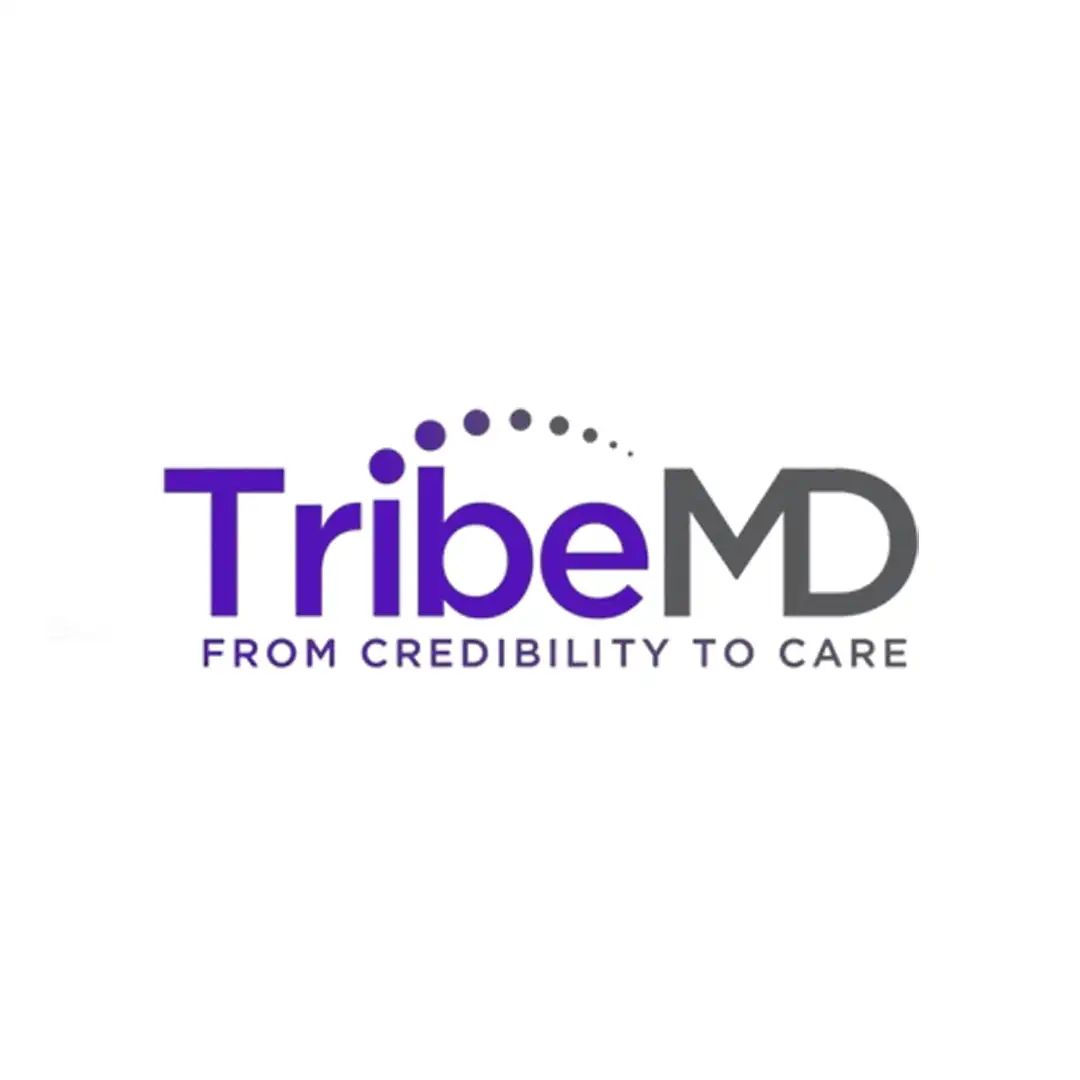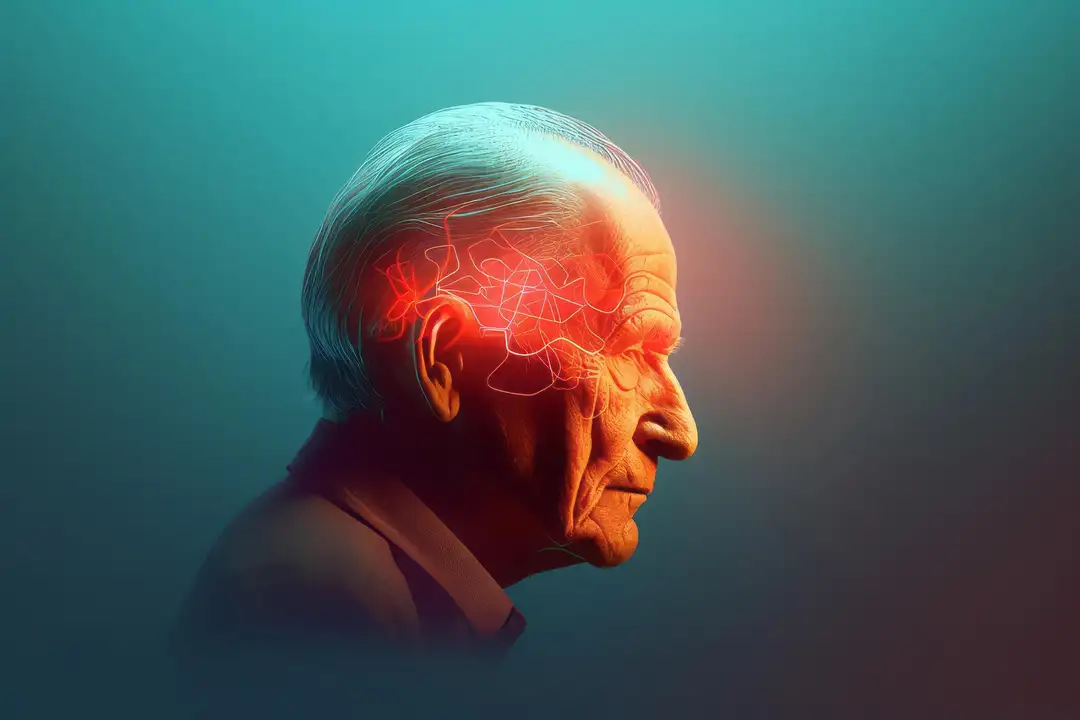
Cancer survivorship has increased significantly over recent decades due to advances in early detection and treatment. However, this success has brought a parallel rise in cardiovascular disease (CVD) as a major cause of morbidity and mortality among survivors. Both cancer and CVD share risk factors such as age, smoking, obesity, and metabolic syndrome, but oncologic therapies—including anthracyclines, HER2-targeted agents, vascular endothelial growth factor inhibitors, immune checkpoint inhibitors, and radiation—can directly damage the heart and vasculature.
Anthracyclines, for example, cause cumulative dose-dependent cardiomyopathy, while HER2 inhibitors like trastuzumab can lead to reversible left ventricular dysfunction. Radiation-induced heart disease may manifest decades after exposure, affecting coronary arteries, valves, myocardium, and the conduction system. Newer treatments, including immune checkpoint inhibitors and CAR T-cell therapy, have been associated with myocarditis, arrhythmias, and vascular inflammation.
Prevention and management strategies include baseline cardiovascular risk assessment before cancer treatment, periodic cardiac imaging (echocardiography or cardiac MRI), biomarkers such as troponin and natriuretic peptides, and aggressive management of modifiable risk factors. Cardio-oncology programs advocate for collaborative care between oncologists and cardiologists, with tailored surveillance protocols depending on the type and dose of therapy, patient comorbidities, and time since treatment.
Emerging approaches aim to reduce cardiotoxicity without compromising anticancer efficacy, such as dexrazoxane for anthracycline protection, liposomal drug formulations, altered dosing schedules, and the integration of cardioprotective medications like beta-blockers, ACE inhibitors, and statins in high-risk patients. Despite these advances, gaps remain in access to specialized care and in the implementation of standardized guidelines.
Editorial note: This content was developed with the support of artificial intelligence technologies to optimize the writing and structuring of the information. All material was carefully reviewed, validated, and supplemented by human experts prior to publication, ensuring scientific accuracy and adherence to good editorial practices.
#CardioOncology #CancerSurvivorship #Cardiotoxicity #HeartHealth #OncologyCare
Sources
- Lyon AR, Herrmann J, Armenian SH, et al. Mechanisms, prevention, and management of cardiovascular disease in cancer survivors. Lancet Oncol. 2025;26(1):e1-e16. doi:10.1016/S1470-2045(24)00474-8.




